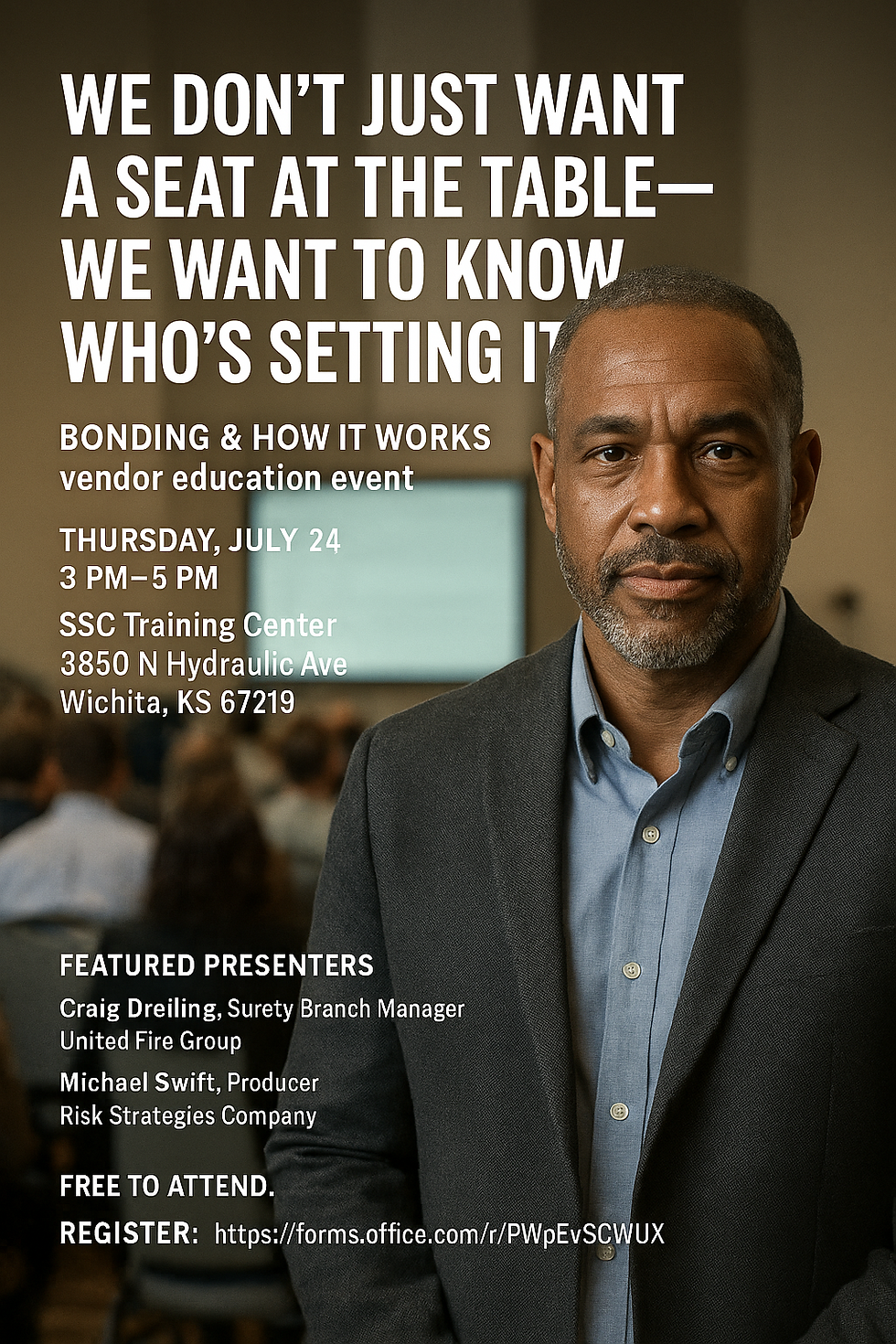"From Myth to Mindset: Exploring Willie Lynch Syndrome and Post Traumatic Slave Disorder"
- Bryce Graham

- Jan 18, 2024
- 2 min read
Hey Community, Today we're peeling back layers on two profound concepts: the Willie Lynch Syndrome and Post Traumatic Slave Disorder. Buckle up; this is more than just a history lesson – it's a deep dive into the psyche of our community.
Willie Lynch Syndrome: More Than a Myth Let's get into the Willie Lynch Syndrome. It's based on a supposed 1712 speech by Willie Lynch about controlling slaves by pitting them against each other. But here's the twist – it's widely considered a hoax. The speech, filled with anachronisms, doesn't match the language or context of its alleged time. Despite its dubious origins, the concept has resonated deeply, symbolizing the enduring impact of divisive tactics used during slavery. It reflects how internalized racism and division, whether intentionally sown or not, have perpetuated a cycle of disunity in the Black community.
Post Traumatic Slave Disorder: The Echoes of Slavery Post Traumatic Slave Disorder (PTSD) is where we confront the enduring trauma of slavery. This isn't just about physical scars but also about the mental and emotional wounds passed down generations. It's a collective burden, shaping perceptions, behaviors, and even community dynamics. From systemic inequalities to internalized self-doubt, PTSD is a legacy that continues to challenge the community's progress and unity.
The Path Forward: Healing and Unity So, how do we move beyond these syndromes? First, we need to recognize and acknowledge them. Understanding our history, including the mythologies that have shaped our perceptions, is key. Healing involves open conversations, community support, and proactive mental health care. It's about rewriting our narrative from one of division to one of collective strength.
Why Our CBA Efforts Matter This brings us to why initiatives like our Community Benefits Agreement (CBA) are vital. They provide a platform for unity, collaboration, and collective growth. By putting aside our differences and working towards common goals, we honor the legacy of those who came before us and build a foundation for future generations. In essence, we're not just repairing; we're reimagining and rebuilding.
Remember, the journey of healing and unity starts with us. It's about recognizing our shared history, embracing our collective strength, and moving forward with purpose and resolve. For more in-depth exploration of these topics, you can refer to various sources that discuss the Willie Lynch letter and its implications, such as an article on Black Excellence and New Pittsburgh Courier discussing how the syndrome is still prevalent. Additionally, a perspective on the impact of such theories in Africa can be found in an article by DUNIA Magazine. In creating this post, I used information from Wikipedia, Black Excellence, New Pittsburgh Courier, and DUNIA Magazine to provide a comprehensive understanding of the Willie Lynch Syndrome and Post Traumatic Slave Disorder.



Comments